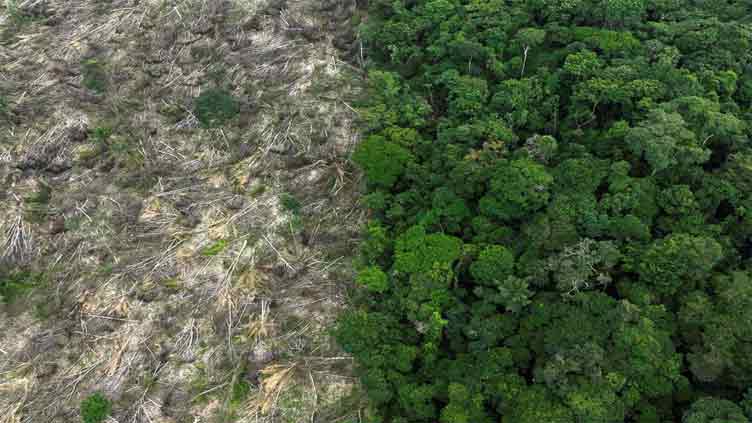More firms report on deforestation, yet few have plan to stop it: CDP

Business
Over half of the world's economic output is moderately or highly dependent on nature, its services
LONDON (Reuters) – The number of companies reporting on their management of deforestation risk has risen 300 per cent over the last five years, yet most have no plan in place to stop it, environmental disclosure platform CDP said on Thursday.
Over half of the world's economic output is moderately or highly dependent on nature and its services, the World Economic Forum has said, and in December a landmark deal to protect and preserve it was agreed in Montreal.
A total of 1,043 companies responded to an annual survey by CDP covering their operations in 2022. More than 60pc disclosed some deforestation-related risk, such as the increased severity of extreme weather or shifts in consumer preferences away from products linked to forest destruction.
However, less than 10pc had a "robust" public commitment to end deforestation by 2025, and just 10 companies had pledged to do so whilst also ensuring good social conditions and remediation for workers, CDP said in a statement.
Read more: Farm boom, fires make Bolivia No 3 in world for forest loss
Of those to report, 269 firms estimated the potential cost of leaving risks unaddressed at almost $80 billion combined, or an average of $300 million per company, CDP added. Estimates on the cost of responding to risks from 342 companies totalled $5.9bn or an average of $17.4m each.
Thomas Maddox, Global Director, Forests and Land Use at CDP, said the "record-breaking" year for disclosures was encouraging for transparency.
"The results show companies are becoming ever more aware of the risks and opportunities addressing deforestation represents, but we continue to see a gap between commitments and tangible actions."
The increase in reporting to CDP, used by investors globally, comes as regulators including in the European Union and Britain begin to formalise reporting obligations for boards in an effort to slow and reverse biodiversity loss.
"Companies acting now will reap the benefits of the opportunities. Companies acting later will face the highest costs," Maddox said.

